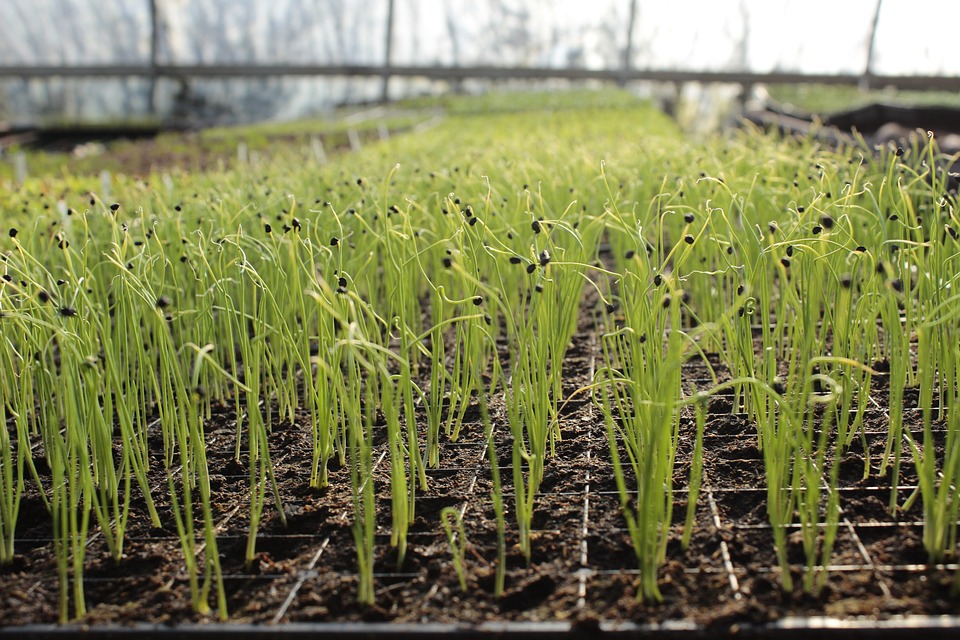The Benefits of Sustainable Farming: From Soil Health to Biodiversity
When it comes to sustainable farming and gardening, there is an abundance of benefits that go far beyond just producing food. As someone who has spent years living off the grid, I have had the pleasure of experiencing first-hand the incredible rewards that come from sustainable farming practices. From the health of the soil to the diversity of plants and animals, sustainable farming offers a wealth of advantages that not only benefit the environment, but also contribute to personal well-being. In this article, we will explore the numerous benefits of sustainable farming, from soil health to biodiversity, and discuss why these practices are so important for the future of our planet.
Soil Health
One of the most fundamental benefits of sustainable farming is the improvement of soil health. Traditional farming methods, such as the use of chemical fertilizers and pesticides, can deplete the soil of its essential nutrients and microorganisms, leading to a decrease in overall soil health. However, sustainable farming techniques, such as crop rotation, cover cropping, and the use of organic fertilizers, help to build and maintain healthy soil. These practices promote the growth of beneficial microorganisms, improve soil structure, and increase its ability to hold water and nutrients. As a result, sustainable farming not only ensures the health of the soil for future generations, but also positively impacts the quality of the food produced.
Biodiversity
Another key benefit of sustainable farming is the promotion of biodiversity. Traditional farming practices often involve the use of monoculture, which is the cultivation of a single crop in a given area. This can lead to a decrease in biodiversity, as it eliminates the variety of plant and animal species that thrive in natural ecosystems. In contrast, sustainable farming encourages the cultivation of a diverse range of crops, as well as the preservation of natural habitats for wildlife. This promotes a healthy and balanced ecosystem, where plants and animals can thrive together. The diversity of crops also helps to reduce the risk of crop failure, as different plants are more resistant to pests and diseases, ultimately leading to a more stable and resilient farming system.
Nutrient-Rich Food
By using sustainable farming techniques, the food produced is often more nutrient-rich compared to conventionally produced food. This is due to the fact that sustainable farming practices help to maintain the health of the soil, which in turn enhances the nutritional content of the crops grown. In addition, sustainable farmers often prioritize the use of organic and natural fertilizers, which further contributes to the quality of the food produced. As a result, consumers can enjoy food that is not only better for the environment, but also for their own health.
Conservation of Resources
Sustainable farming focuses on the responsible use of resources, including water and energy. By utilizing techniques such as drip irrigation, rainwater harvesting, and renewable energy sources, sustainable farmers are able to minimize their environmental impact and conserve valuable resources. This not only reduces the overall carbon footprint of farming, but also helps to ensure the availability of essential resources for future generations.
Support for Local Communities
Sustainable farming practices often prioritize local markets and community engagement, which can have a positive impact on local economies. By supporting local farmers, consumers are able to connect with the source of their food, build relationships with the farmers, and contribute to the local economy. This can lead to stronger and more resilient communities, as well as a greater appreciation for the value of sustainable farming practices.
Pro Tips for Sustainable Farming:
1. Emphasize the use of organic and natural fertilizers to promote healthy and nutrient-rich soil.
2. Implement crop rotation and cover cropping to maintain soil health and promote biodiversity.
3. Utilize water and energy-efficient techniques to conserve valuable resources and minimize environmental impact.
4. Engage with local communities and markets to support sustainable farming practices and promote local economies.
In conclusion, the benefits of sustainable farming are vast and far-reaching, encompassing everything from the health of the soil to the diversity of plants and animals. By prioritizing sustainable farming practices, we can help to ensure a healthy and thriving environment for future generations, while also reaping the numerous rewards that come from a more sustainable way of life. As someone who has spent years living off the grid, I can personally attest to the incredible impact that sustainable farming can have on both the environment and the well-being of individuals. It is my hope that more people will embrace sustainable farming practices and contribute to a brighter and more sustainable future for our planet.



